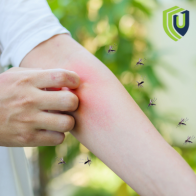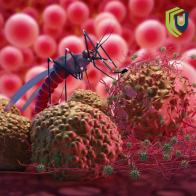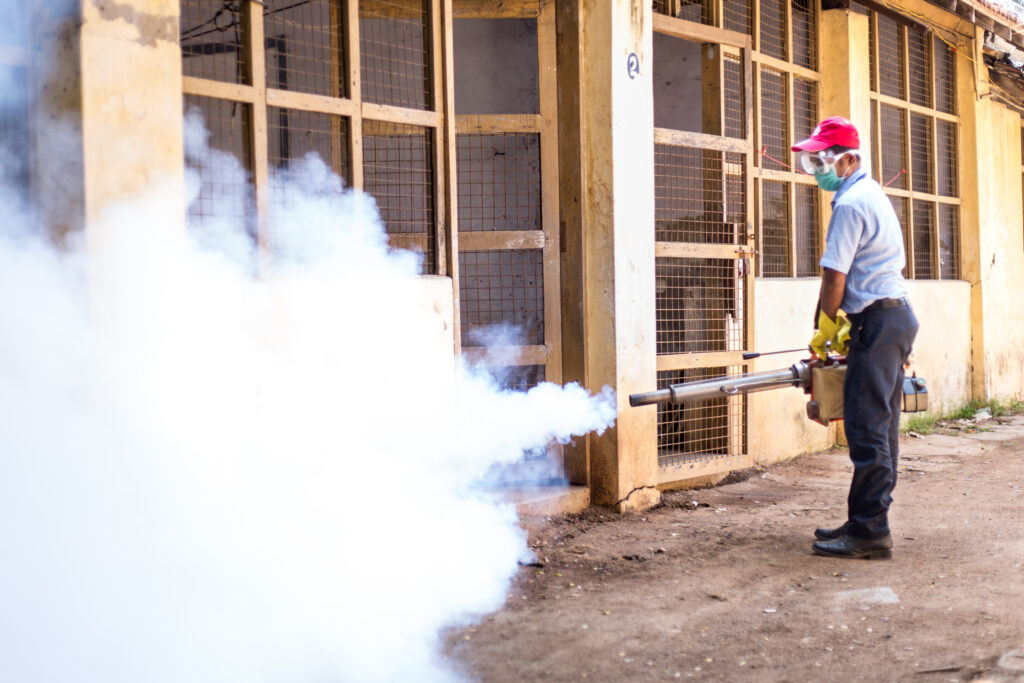Mosquitoes, those ubiquitous buzzing insects, are far more than just a nuisance. They are, in fact, a significant global health threat, responsible for transmitting a range of debilitating and deadly diseases. From malaria to dengue fever and Zika virus, these tiny vectors inflict a heavy toll on human health, particularly in tropical and subtropical regions.
The Mosquito Menace: A Global Perspective
With over 3,500 species buzzing around the globe, only a handful – like Aedes aegypti, Anopheles gambiae, and Culex pipiens – are the primary culprits in spreading disease. These mosquito species thrive in stagnant water, breeding prolifically in warm climates and creating ideal conditions for disease transmission.

A Cascade of Diseases
Mosquitoes act as vectors, transmitting pathogens from infected hosts to humans. Some of the most significant mosquito-borne diseases include:
- Malaria: A parasitic disease transmitted by Anopheles mosquitoes, malaria remains a leading cause of death, particularly among young children in sub-Saharan Africa. The World Health Organization (WHO) estimated 241 million cases of malaria globally in 2020.
- Dengue Fever: Spread by Aedes mosquitoes, dengue fever causes flu-like symptoms and can develop into severe dengue, a potentially fatal complication. Dengue outbreaks are increasingly common in urban areas across the tropics.
- Zika Virus: Also transmitted by Aedes mosquitoes, Zika virus gained international attention due to its association with birth defects. While the acute symptoms are typically mild, the potential consequences for pregnant women are severe.
- West Nile Virus: Spread by Culex mosquitoes, West Nile virus can cause neurological illness and even death. Outbreaks have been reported in North America, Europe, and Africa.

Climate Change: Fueling the Fire
Climate change is exacerbating the mosquito problem by expanding their habitats and breeding seasons. As temperatures rise and rainfall patterns shift, mosquitoes can thrive in new areas, exposing previously unaffected populations to disease. This increases the risk of outbreaks and puts a strain on healthcare systems.
Fighting Back: Control and Prevention
Combating mosquito-borne diseases requires a multi-pronged approach, including:
- Vector Control: Reducing mosquito populations through insecticide-treated bed nets, indoor residual spraying, and environmental management to eliminate breeding sites.
- Personal Protection: Using insect repellent, wearing long sleeves and pants, and avoiding outdoor activities during peak mosquito biting times.
- Vaccine Development: Developing and deploying vaccines against mosquito-borne diseases, such as malaria and dengue fever.
- Public Health Education: Raising awareness about mosquito-borne diseases and promoting preventive measures.

The Road Ahead: Collaboration and Innovation
Mosquitoes pose a persistent and evolving threat to global health. Addressing this challenge requires international collaboration, sustained research, and innovative solutions. By investing in vector control, vaccine development, and public health education, we can protect vulnerable populations and mitigate the impact of these tiny, yet deadly, pests.

At Unique Pest and Facility Management, we specialize in effective mosquito control service solutions designed to keep your home and yard mosquito-free. Contact us today to learn more about our services and how we can help protect your space from these dangerous pests.

